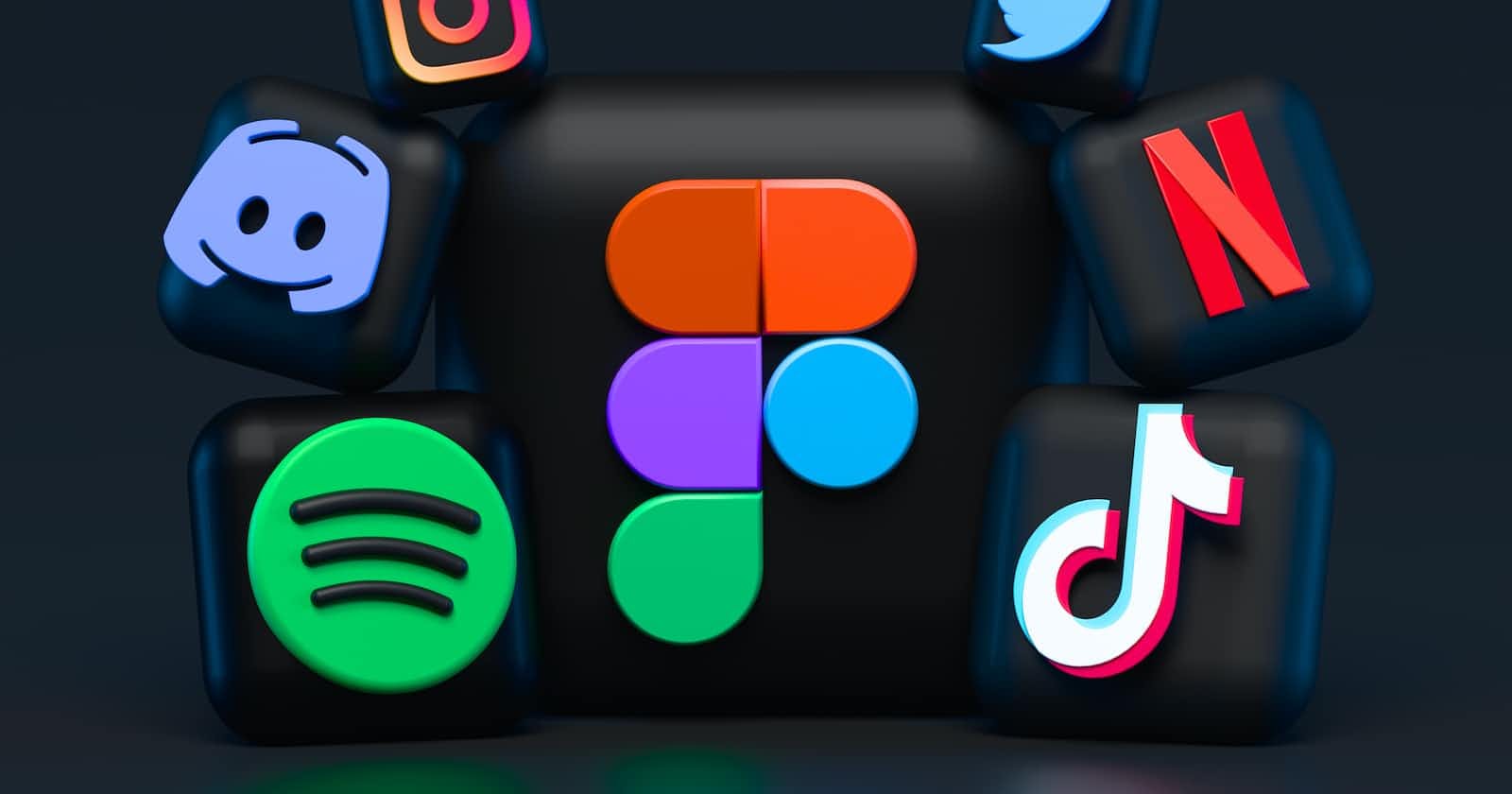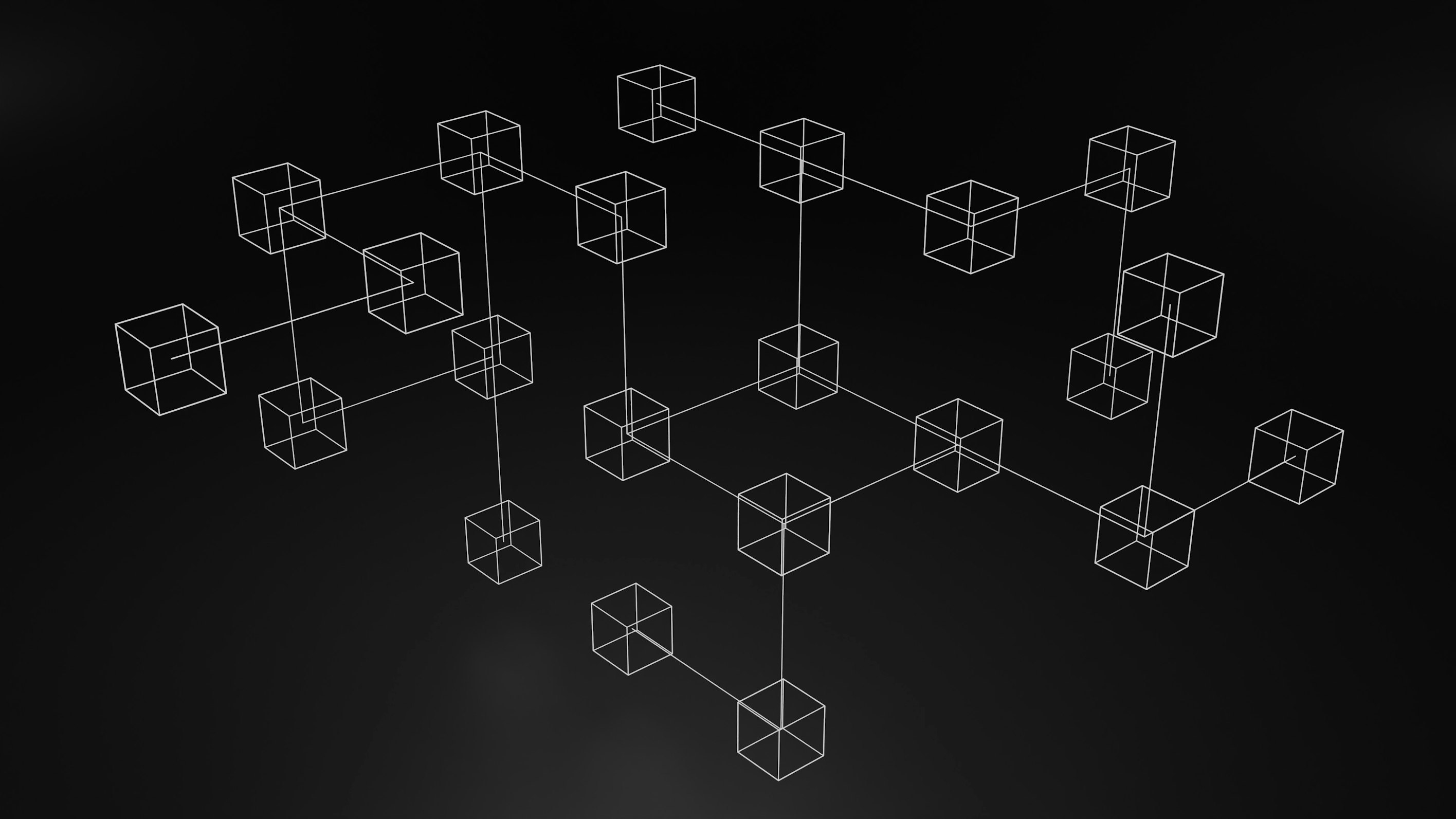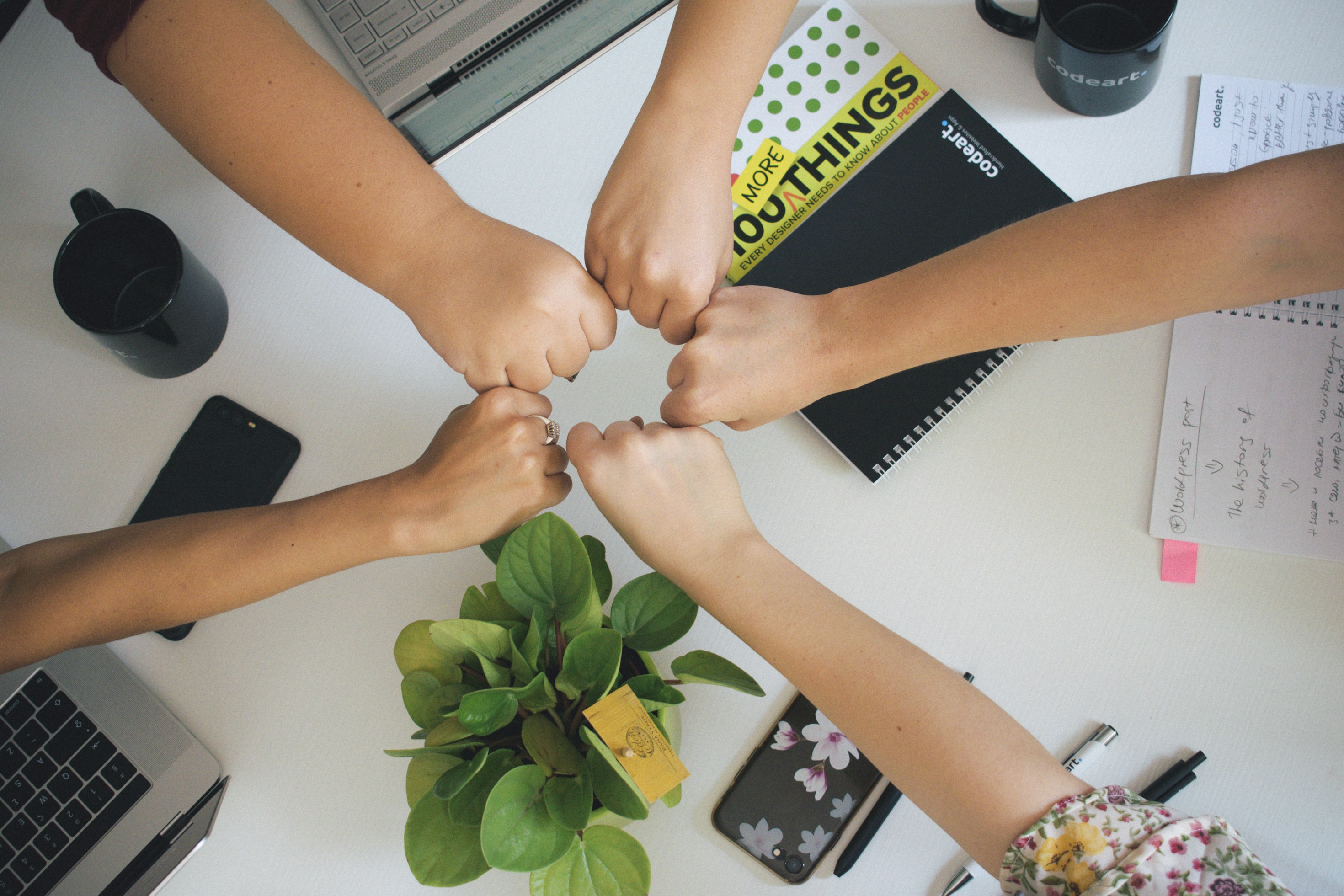People are constantly creating and consuming content. Even content with small audiences have power. Consider the case where only 10 people read this article, that is still 10 people that whatever blog platform you are reading this article on can monetize this content too. This is the business model all social media or open media platforms use. It makes these platforms billions of dollars. On the other hand, are the users adequately compensated for the content we provide and consume?
Currently, the way we provide and access content does not benefit the individual person or creators. Large web2 corporations, especially social media companies, control how information is distributed to people and sell or use user data for ads and recommendation purposes.
Legally speaking, you are giving companies the right to use your data. However, these companies are making billions of dollars from the data created by you. You in return receive nothing back financially and have no say in how that content is distributed and monetized. This is not moral.
How Big of a Problem is this really?
Twitter make 89% of its revenue from ads (4.5 Billion USD) in 2021 - via Investopedia
Google advertising makes up 83.3% of its revenue in 2019 - via Forbes
Around 97% of Facebook's 2021 Q4 revenue is from ads (32 Billion USD) - via Investopedia
How Does Blockchain Solve this Problem?
What we need to create is a way for creators to have more direct access to their audience. Essentially, we need to minimize the middle man, which in this case is the media platform.
That is where the blockchain comes in.
What is the Blockchain
For now, you can think of the blockchain as a decentralized system of computers where anyone can add content onto that system. Anyone can access that information and it cannot be removed from the system.
Moreover, people can truly own digital content on the blockchain. For instance, if I purchase an NFT on the blockchain, no one can take it from me! This is because there are no centralized servers or computers that store the NFT. The actual servers, as previously mentioned, are decentralized.
Side Note: You might be thinking that if the entire blockchain system crashes I will lose access to my NFT. That is correct. However, there are two major differences here. One is that there are incentives for servers to store the state or the data of the blockchain. Also, because the blockchain is decentralized, it would be extremely hard for one person or company to shut down all or most of the servers that provide access to the blockchain.
Benefits of Blockchain in Social Media
Since anyone can access the information, there will be plenty of apps where you can get your content, increase competition and decrease centralization and censorship.
You can envision a future where there will be numerous versions of twitter showing different timelines from blockchain posts. Hence, even if one version censors an account there will be many others that do not (remember information on the blockchain cannot be removed).
Side Note: You might be thinking that there are problems with information being non-deletable and non-changeable (the technical term is immutable), and you would be right. More on that later.
Since you truly own your data on the blockchain, creators have full control over how there content is monetized.
Imagine a world where people have to pay a subscription to continuously get a NFT that allows them to message you. Essentially you are token-gating access to yourself. Moreover, the person with that subscription messaging NFT truly owns that subscription. They can sell that NFT to someone else and that person can message you and no one can take it away from them without permission. You could even take a percentage off of all subscription resales. This last sentence is not exactly true and if you are interested I suggest you do some research on NFT royalties.
Side Note: You may be thinking that Patreon and other creator tools already allow you to monetize access to your content. This is true. However, the difference here is that Patreon can at any time take down your content, stop promoting you on their website for any reason, and even remove some of your Patreon accounts from the platform if they choose. Also, the content that you put on Patreon has no interoperability. More on that later.
You can give fans of a creator and users of a platform stake in that creator or platform.
Consider this scenario. I am a content creator and I am interviewing a high-profile person. I sell an NFT or a token that allows a fan to ask a question to the person I am interviewing. Let’s say that I want to incentivize that fan to ask an extremely interesting and thought-provoking question. I can do this by rewarding the fan based on the watch time of the video during that question or via some other metric. Essentially, I am profit-sharing with my fans. Also, because this action happens on the blockchain, I can do it truslessly. In other words, the fan does not have to trust that I will give them their reward or that they will be able to ask their question.
Ultimately, the general idea is that fans can get rewarded based on their contributions and have decision-making power in a community. Moreover, this will lead to those fans continuing to come back to that community, platform, or creator.
Side Note: To be clear, profit-sharing tools do exist outside of web3 social media platforms currently. However, the benefits of using web3 social platforms is that they are completely trustless and that the experience will be better (it is not right now) for users, creators, and builders of the platform.
Potential Problems with Blockchain-based Media Platforms
How do we know what information is trustworthy?
Fake news is a problem all media platforms have. This problem is exacerbated on the blockchain since any information on the blockchain cannot be removed. The only current solution is for the companies creating the apps to filter out what is false or dangerous information on the front end.
Side Note: By the front end, I mean that when the media app is retrieving information from the blockchain, it should be able to flag fake news, hate speech, and other forms of illegal content and not show it on the web browser, which is the front-end in this case. Also, as previously mentioned, since there will be multiple versions of social media apps in web3, it will be hard for these apps to over-censor content.
What if you want to keep information private?
Media is inherently public, but it is always nice to be able to keep your digital information private. With the fact that anyone can access information on the blockchain, it seems as though there is no way to privately share blockchain data. Fortunately, companies and protocols are focusing on the problem. If you are interested, I suggest you research Lit protocol.
The technology is fully built yet to provide quality social media experiences
This is a simple problem. Advancements in blockchain technology need to be made for the future described above to come to fruition.
Will Current Social Media Companies Die?
Unlike many people in web3, I personally do not believe that companies like YouTube, Twitter, TikTok, and Instagram will die because of the rise of web3 social platforms. However, I do believe that web3 social will force these companies to change their current business model and product design. Perhaps these companies open up their data and allow anyone to create a display for them. Maybe they will start sharing profits better with their creators and provide better tools for creators to engage directly with their fans. Furthermore, maybe they will give the users more say in the decisions the platform makes although this is way less likely.
Nevertheless, I do believe that web3 social media platforms will survive even if current social media platforms make these changes. The interoperability and trustless nature of the blockchain will allow creators to create new experiences and monetization methods that were not previously possible while also providing a better user experience with fans.
Side Note on Interoperability: Interoperability in this case has to do with the fact that in a web3 social media world creators' content can be on any different platform instantly. This is due to the open nature of the blockchain.
Wrap Up
It’s obvious that the current state of media platforms has numerous problems. Blockchain technology and web3 ideals provide a way for a more equitable content future. However, will people embrace this future? That is really up to society. Do people truly care about the fact that these companies are making billions of dollars by taking your data? Do people want to say how their content is monetized? The answers to these questions will tell you if blockchain and web3 will solve the problems with today’s centralized media.
Thank you for reading my article!
If you enjoyed this post or my content, feel free to collect my Lens posts for a small fee or tip me via my ENS and follow some of my socials below.
Socials
Twitter: @TheRealSiddhu
Lens: siddharthgowda.lens
ENS: siddharthgowda.eth






